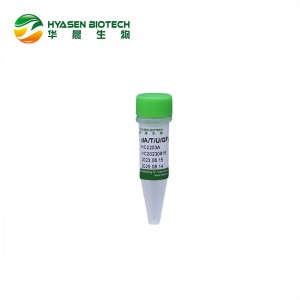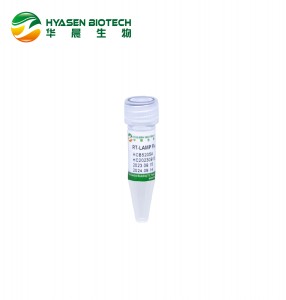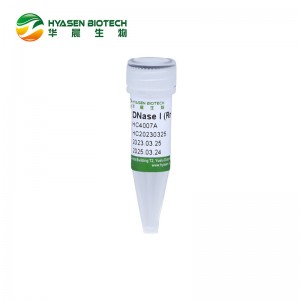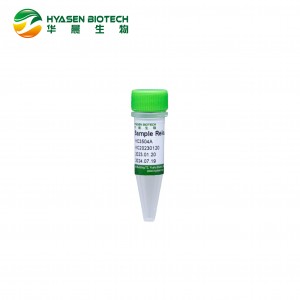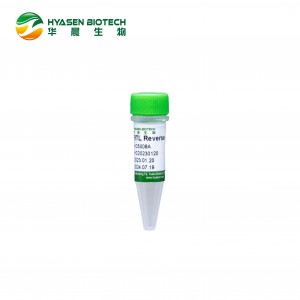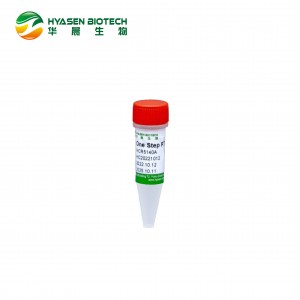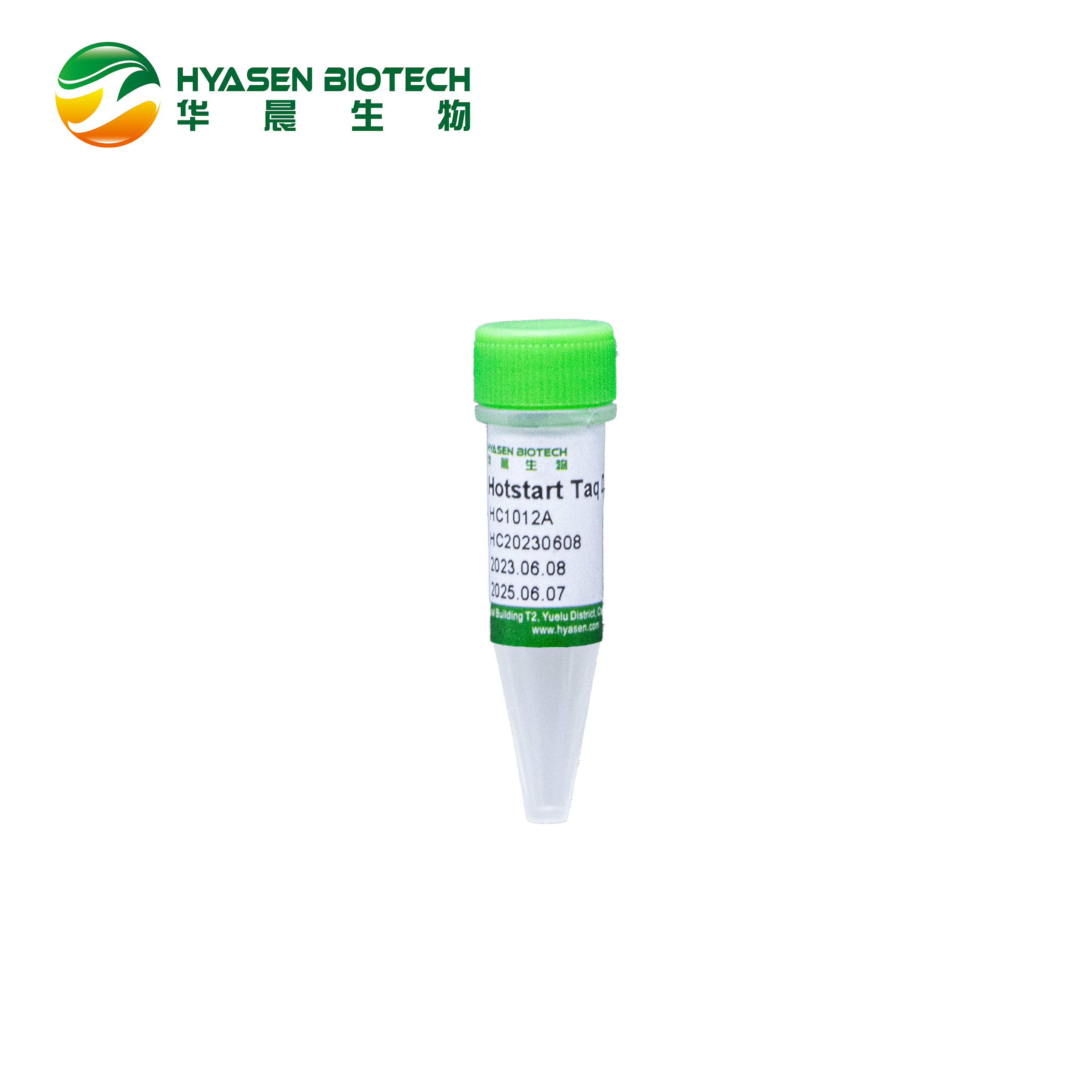
Hotstart Taq DNA Polymerase
Hot Start Taq DNA Polymerase (Antibody modification) is a hot-start thermostable DNA polymerase from Thermus aquaticus YT-1,that possesses a 5′→3′ polymerase activity and a 5´ flap endonuclease activity. The hot-start Taq DNA polymerase is a Taq DNA polymerase which modified by thermolabile Taq antibodies. Antibody modification increased specificity, sensitivity, and yield of PCR.
Components
|
Component |
HC1012A-01 |
HC1012A-02 |
HC1012A-03 |
HC1012A-04 |
|
5×HC Taq Buffer |
4×1 mL |
4×10 mL |
4×50 mL |
5×400 mL |
|
Hot Start Taq DNA Polymerase (Antibody modified) (5 U/μL) |
0.1 mL |
1 mL |
5 mL |
10×5 mL |
Applications
10 mM Tris-HCl (pH 7.4 at 25℃), 100 mM KCl, 0.1 mM EDTA, 1 mM dithiothreitol, 0.5% Tween20, 0.5% IGEPALCA-630 and 50% Glycerol.
Storage Condition
Transportation under 0°C and be stored at -25°C~-15°C.
Unit Definition
One unit is defined as the amount of enzyme that incorporate 15 nmol of dNTP into acid insoluble material in 30 minutes at 75°C.
Quality Control
1.Endonuclease Activity: Incubation of 20 U of enzyme with 4 μg pUC19 DNA for 4 hours at 37℃ resulted in no detectable degradation of the DNA as determined by gel electrophoresis.
2.5 kb Lambda PCR: 25 Cycles of PCR amplification of 5 ng Lambda DNA with 1.25 units of Taq DNA Polymerase in the presence of 200 µM dNTPs and 0.2 µM primers results in the expected 5 kb product.
3.Exonuclease Activity: Incubation of a 50 µl reaction containing a minimum of 12.5 U of Taq DNA Polymerase with 10 nmol 5´-FAM oligonucleotide for 30 minutes at 37℃yields no detectable degradation.
4.RNase Activity: Incubation of 10 µL reaction containing 20 U of enzyme with 1μg of RNA transcripts for 2 hours at 37°C resulted in no detectable degradation of the RNA as determined by gel electrophoresis.
5.Heat Inactivation: No.
Reaction System
|
Components |
Volume |
|
Template DNA a |
optional |
|
10 μM Forward Primer |
0.5 μL |
|
10 μM Reverse Primer |
0.5 μL |
|
dNTP Mix (10mM each) |
0.5 μL |
|
5×HC Taq Buffer |
5 μL |
|
Taq DNA Polymerase b (5U/μL) |
0.125 μL |
|
Nuclease-free water |
Up to 25 μL |
Notes:
1) a.
|
DNA |
Amount |
|
Genomic |
1 ng-1 μg |
|
Plasmid or Viral |
1 pg-1 ng |
2) b. The optimal concentration of Taq DNA Polymerase may range from 5-50 units/mL (0.1-0.5 units/25 µL reaction) in specialized applications.
Thermal cycling protocol
PCR
|
Step |
Temperature (°C) |
Time |
Cycles |
|
Initial denaturation a |
95 ℃ |
1-3mins |
- |
|
Denaturation |
95 ℃ |
15-30 s |
30-35 Cycles |
|
Annealing b |
45-68 ℃ |
15-60 s |
|
|
Extension |
68 ℃ |
1kb/min |
|
|
Final Extension |
68 ℃ |
5mins |
- |
Notes:
1) An initial denaturation of 1 min at 95°C is sufficient for most amplifications. For difficult templates, a longer denaturation of 2-3mins at 95°C is recommended. With colony PCR, an initial 5mins denaturation at 95°C is recommended.
2) The annealing step is typically 15-60 s. Annealing temperature is based on the Tm of the primer pair and is typically 45-68℃.






